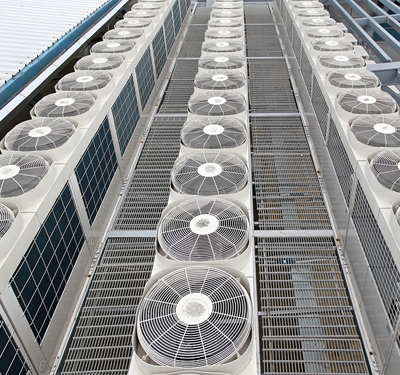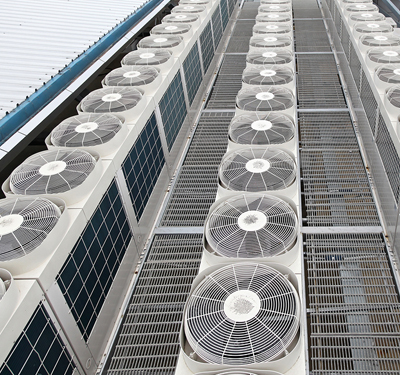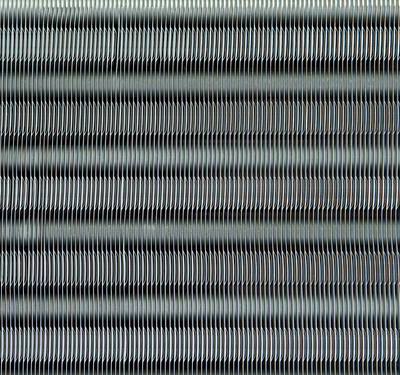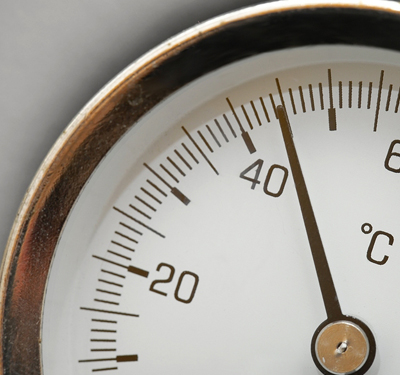
Categories
- All (57)
- Uncategorized (4)
- Sustainability (1)
- Engineering (25)
- Fundamentals (12)
- Services (11)
- Tenant Coordination (3)
- Facility Operations (5)
- Energy Solutions (3)
Tags
- All (57)
- HVAC (3)
- Safety (5)
- Retail Design (1)
- National Electric Code (2)
- Fire Protection Agency (2)
- Electrical Engineering (15)
- Mechanical Engineering (11)
- Boiler Room (5)
- Expansion Tanks (1)
- Equipment Layout (1)
- Calculations & Formulas (3)
- Rules of Thumb (1)
- NEC (1)
- Workplace (1)
- Facility Operations (7)
- Lighting (4)
- Kitchen (1)
- Energy Audit (1)
- fire protection (1)
- Plumbing (2)
- Restroom (1)
- Right-Sizing (4)
- Code (1)
- Vs. (1)
- ADA (1)
- Universal Design (1)
- Grease (1)
- Bid Documents (1)
- Before You Build (1)
- Air Conditioning (4)
- LEED (2)
- Water Treatment (2)
- Odor Control (2)
- Food Court (1)
- Restaurant (1)
- Tenant Coordination (15)
- Piping (2)
- Products (1)
- Energy (1)
- Commissioning (1)
- Leasing (1)
- Curb Adapter (1)
- Rooftop (1)
- Central Plant (2)
- Comfort Issues (1)
- Circuits (1)
Archives

Central Air Adds LEED Points
Posted in Energy Solutions
Developers are showing increasing interest in central air conditioning for many reasons. Ideally suited for multi, multi-use dense, vertical developments, central air conditioning reduces energy use by 30–50%, helps earn LEED points, eliminates rooftop condenser “farms” that preclude green roof options and become maintenance nightmares, and generates revenue. Central air conditioning systems have smaller footprints […]
read more

Central Air Adds LEED Points
Posted in Energy Solutions
Developers are showing increasing interest in central air conditioning for many reasons. Ideally suited for multi-story, multi-use dense, vertical developments, central air conditioning reduces energy use by 30–50%, helps earn LEED points, eliminates rooftop condenser “farms” that preclude green roof options and become maintenance nightmares, and generates revenue. Central air conditioning systems have smaller footprints […]
read more
Can I Use a Curb Adapter?
Posted in Facility Operations
A contractor or Tenant field rep calls you up and asks this question. What do you say? First off, what is a curb adapter? This definition can mean something different to everyone. Often when an HVAC unit is being replaced, the new unit does not identically match the existing curb size and drop locations. A […]
read more

Cleaning Plate and Frame Heat Exchangers
Posted in Engineering
Central Plants may utilize plate and frame heat exchangers for “free cooling” or other types of heat transfer. Maintenance of your plate and frame heat exchanger should be part of your scheduled service program. The plate exchanger, shown below, consists of corrugated plates assembled into a frame. The hot fluid flows in one direction in […]
read more

Double the Boiler Size and Fire the Engineer
Posted in Facility Operations
That’s an old HVAC engineer joke. Often when we’re asked to evaluate comfort problems, we find this was more than just a joke. A building’s cooling load is the rate of heat rejection required to keep it cool inside. Conversely, the heating load is the amount of added heat needed to keep it warm inside. […]

 Previous STORY
Previous STORY